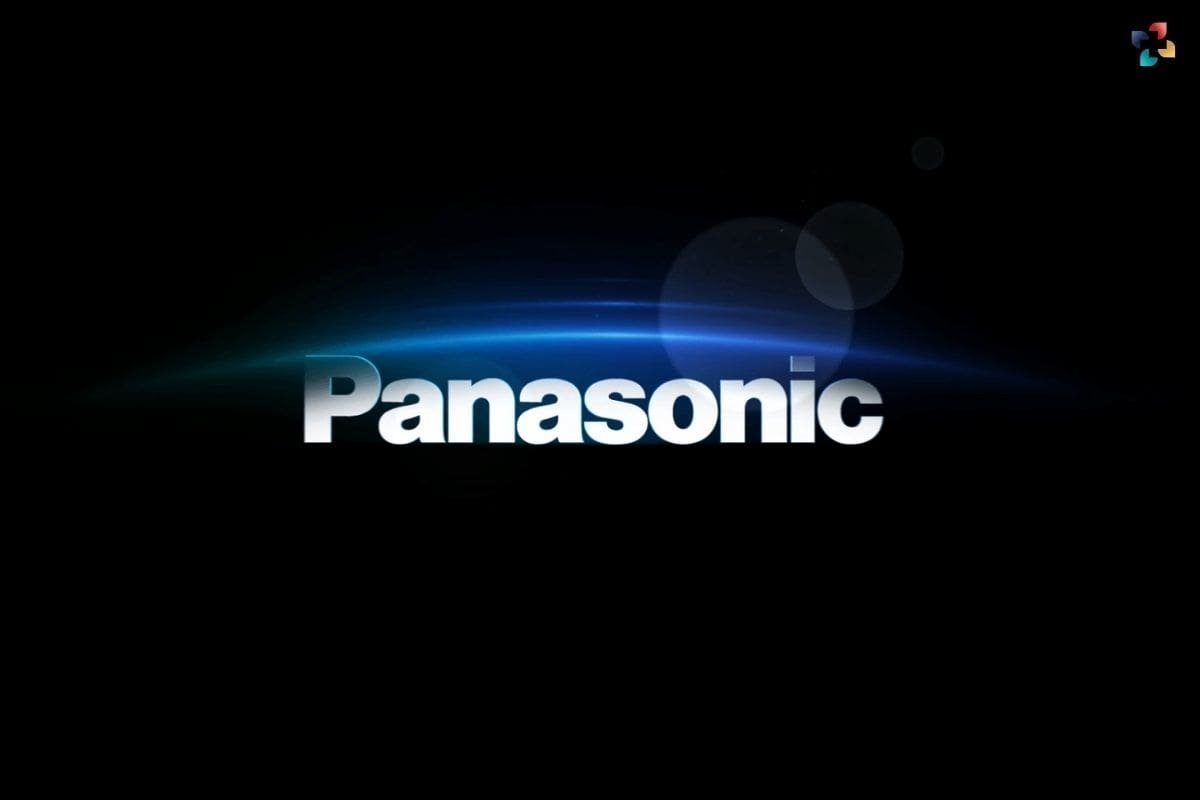Of course, these environmentally friendly companies are demonstrably untrue in light of current knowledge. We now know that instead of looking for new resources to exploit, individuals and businesses need to discover methods to expand in a sustainable fashion that doesn’t harm the earth or its resources.
Millions of gallons of oil are dumped into the ocean by one corporation, but there are many others that follow this new philosophy. Some exceptional eco-friendly businesses are listed below.
Table of Contents
Here are 10 global environmentally friendly companies:
1. IKEA
In every aspect of its environmentally friendly companies, from marketing to supply chain, IKEA is committed to sustainability, whether its efforts are directly visible to consumers or not. The Swedish furniture manufacturer begins with their supply chain, where they get almost half of its wood from sustainable foresters and all of its cotton from farms that fulfill the Better Cotton guidelines, which use less water, energy, and chemical fertilizers and pesticides.
The shop itself is a demonstration of the company’s dedication to environmental responsibility. IKEA uses over 700,000 solar panels to power its shops and will soon begin selling them to consumers in the United Kingdom. IKEA had set out to be run entirely on renewable energy by 2020, but only four years later, the company raised the ante, saying it now wants to be a net energy exporter by the same year.
2. Unilever
Beyond just making green investments, Unilever has incorporated sustainability into its whole corporate culture. The environmentally friendly companies sustainable Living Plan includes goals for energy and water use, supplier and community relations, and other aspects of the sourcing, supply chain, and manufacturing processes.
In adopting it in 2010, CEO Paul Polman pledged to quadruple the company’s growth while reducing its environmental effect in under 10 years. It has come a long way; now, 75 percent of Unilever’s nonhazardous waste is diverted from landfills, and 100 percent of its agricultural suppliers follow sustainable techniques. CEO’s efforts to achieve this aim were recognized in 2015 when he received the United Nations Champion of the Earth Award.
3. Panasonic
Panasonic may not get as much public praise as other firms (a phenomenon Interbrand, which assesses companies on sustainability, refers to as the “gap”), yet it often receives top grades from industry professionals. Panasonic, like many other corporations on this list, has lofty targets for energy efficiency and renewables, and it also prioritizes the creation of eco-friendly goods and environmentally friendly companies.

Their commitment to environmental responsibility is a defining characteristic. To reduce its carbon footprint, the company relocated its North American headquarters from Secaucus, New Jersey to a LEED-certified facility in downtown Newark near Penn Station. In addition, they are teaming up with a number of corporations to create a model “Sustainable Smart Town” in Japan.
4. Allergan
Allergan, the manufacturer of Botox, has consistently ranked high on Newsweek’s list of green firms despite the fact that the connection between environmentalism and Botox is quite modest. The pharmaceutical firm in California has been committed to sustainability for over twenty years since it instituted a water conservation program based on reporting and benchmarking.
Water conservation was the first step, but they have now expanded their focus to include energy efficiency, waste management, and emission reduction throughout their whole supply chain. For the sixth time in 2016, it was honored for its commitment to energy efficiency by receiving the Environmental Protection Agency’s EnergyStar Award for environmentally friendly companies.
5. Seventh Generation
Seventh Generation doesn’t only utilize eco-friendly methods; it also paved the way for green cleaning goods to enter the market. Most cleaning products are flushed down the toilet or poured directly into the trash, and while wastewater treatment facilities do their best to remove harmful chemicals, some of the most potent ones still seep into the ground and into rivers.

The claim that eco-friendly alternatives don’t work as well as traditional ones has largely been debunked because of the Seventh Generation’s popularity. Clorox, like many other cleaning product manufacturers, has developed eco-friendly variants of its products to keep up with consumer demand.
- eco-friendly business
- manufacturing processes
- Environmentally friendly companies
6. Patagonia
A feature of Patagonia published in The New Yorker in 2015 used the term “anti-growth” to make light of the environmentally friendly companies’ campaign against wasteful spending. They’ve started advertising people not to waste money on unnecessary items (including their own goods) and have a program in place to help consumers fix their products rather than replace them.
You can tell they care about what they’re selling by looking at the quality of the items themselves, not simply the advertising. Parkas are repurposed from plastic bottles, while wetsuits are created from natural rubber. Electing environmentally responsible politicians is a major part of Patagonia’s sustainability message as well since the company recognizes the significance of political action on the environment.
7. IBM
When it comes to doing business in sustainable and environmentally friendly companies responsible way, IBM was an innovator. Since its founding in the 1960s, the corporation has made corporate social responsibility and environmental stewardship central tenets of its business strategy.
Its data centers have won honors from the European Commission for their sustained commitment to energy conservation, and the company issued its first sustainability report in 1990. In order to take a holistic approach, IBM is now focusing on “smart buildings,” which are structures that actively work to lower their resource requirements via means such as green procurement, water resource management, and so on.
8. New Belgium Brewing
Colorado-based When it comes to environmental responsibility, New Belgium Brewing is in a league of its own. The environmentally friendly companies’ production, marketing, and even internal policies all reflect its commitment to sustainability, which includes a strong emphasis on bicycling.
There is a 99.8 percent reduction in landfill use at the brewery. They have made energy efficiency a central tenet of their brewing process, and they have also signed the Brewery Climate Declaration and the BICEP Pro-Climate Business Coalition.
9. Adobe
Among IT companies, Adobe Systems was deemed to be the most environmentally friendly by Newsweek in 2014. The firm has already accomplished a lot, including getting LEED certification for more than 70% of its workplaces and remodeling a historic building in San Francisco. Furthermore, it has lofty targets, such as eliminating all of its packaging by 2050 and achieving net-zero energy use.

Packaging is a major source of waste and wasteful consumption of resources. Despite having previously cut its water consumption by more than 60% since 2000 because of measures like installing ecologically friendly fixtures and landscaping with native plants, Adobe was a corporate leader in further decreasing its water use in response to California’s unprecedented drought.
10. Nike
Although Nike’s track record on corporate sustainability hasn’t always been perfect, the company has recently implemented several positive changes. In 2015, Morgan Stanley ranked Nike as the most sustainable brand of footwear and apparel.
Transparency in the environmentally friendly companies’ manufacturing and supply chain has been crucial to its success. Moreover, they’re making it simpler for designers to make eco-friendly decisions by providing an app that allows users to examine the carbon footprints of various textiles. Its 2011 World Cup jerseys, like those of Patagonia, were made in part from post-consumer recycled materials.
Additionally, the company has invested in energy-efficient manufacturing practices, updated its packaging to decrease waste, and pledged to eliminate chemical emissions. In addition to working with NASA and other government organizations, Nike is encouraging chemical innovation for more environmentally friendly companies’ manufacturing processes.
Bottom Line
When there is a conflict of interest between development vs environment then environmentally friendly companies are providing sustainable solutions to it. These companies are leading ahead in the market to discover methods to make the Earth a better place for living. We hope you enjoyed reading about these 10 global environmentally friendly companies.







